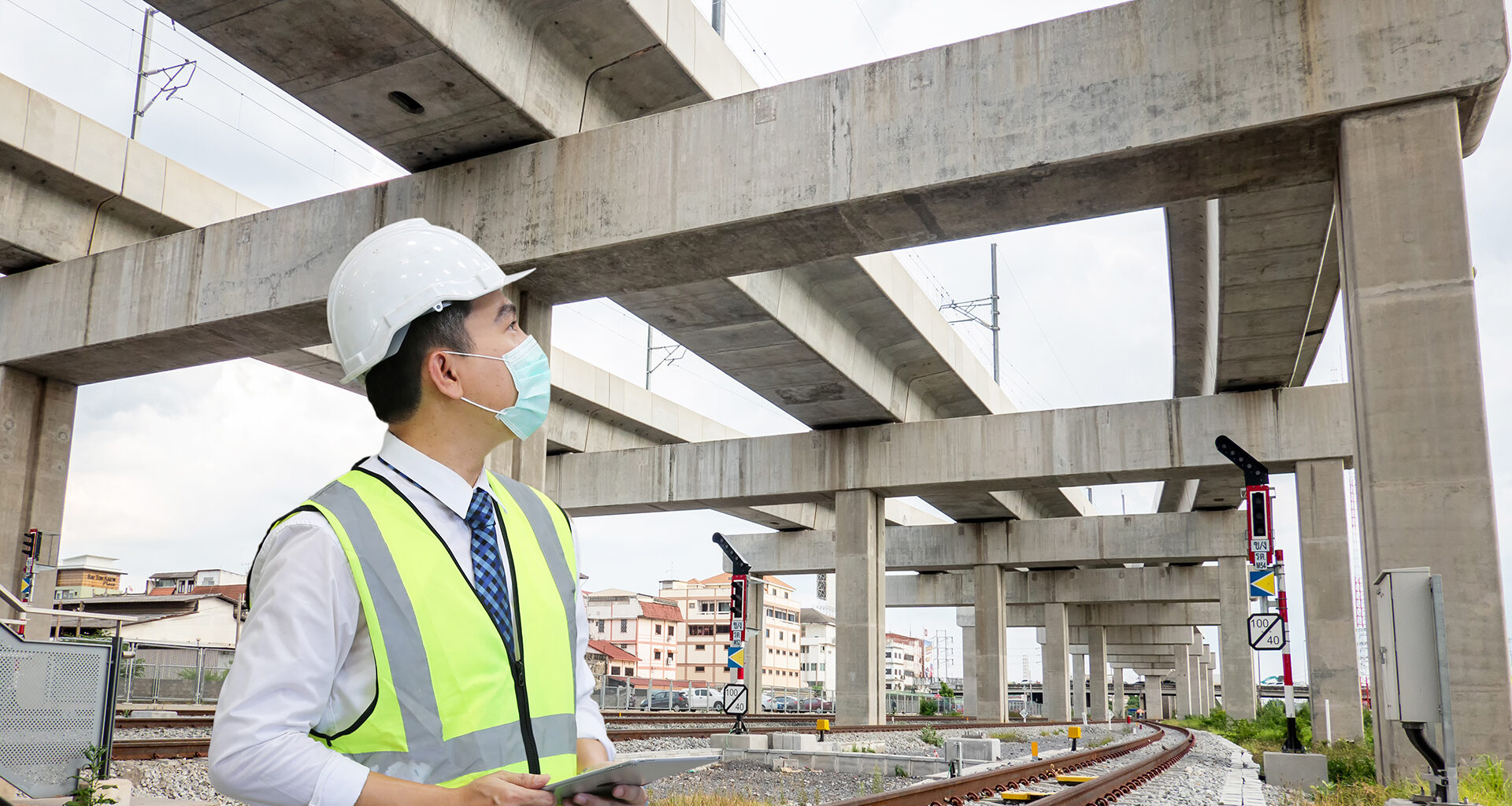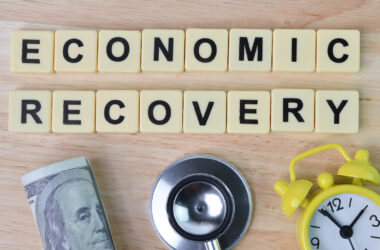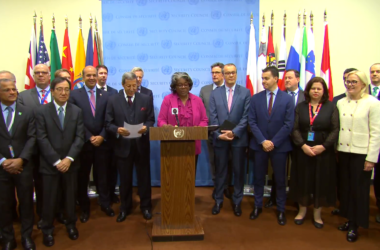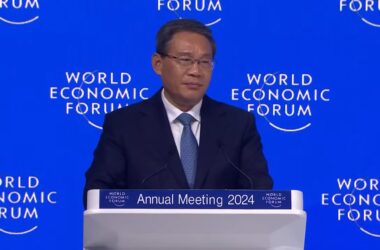Infrastructure investment has long been recognized as a catalyst for economic growth and development. Governments worldwide are increasingly focusing on upgrading and expanding their infrastructure to stimulate economic recovery, create jobs, and promote sustainable progress. This commitment to infrastructure investment represents a vital strategy for addressing current challenges and building a more resilient and prosperous future.
The Importance of Infrastructure Investment:
- Economic Growth: Well-planned infrastructure projects drive economic growth by facilitating the movement of goods, reducing transportation costs, and attracting investment.
- Job Creation: Infrastructure projects generate a significant number of jobs across various sectors, including construction, engineering, and transportation.
- Quality of Life: Improved infrastructure, such as roads, bridges, public transportation, and broadband access, enhances the quality of life for citizens, making communities more livable and attractive.
- Resilience: Modern and sustainable infrastructure is essential for climate resilience, disaster preparedness, and ensuring the long-term stability of economies.
Mobilizing Funds for Infrastructure Investment:
Governments employ several strategies to mobilize funds for infrastructure development:
- Public Funding: Governments allocate public funds to finance infrastructure projects, often through taxation, government bonds, or sovereign wealth funds.
- Public-Private Partnerships (PPPs): Collaboration with private sector entities allows governments to share the financial burden and expertise required for large-scale infrastructure projects.
- International Aid and Development Assistance: Many countries receive financial support from international organizations and donor nations to fund critical infrastructure projects.
- Sustainable Financing: Increasingly, green and sustainable finance mechanisms are being used to fund environmentally friendly infrastructure projects.
Sustainable Infrastructure Development:
Sustainability is a key consideration in modern infrastructure development:
- Environmental Considerations: Sustainable infrastructure takes into account environmental impact assessments, energy efficiency, and the use of renewable resources to minimize ecological harm.
- Resilience and Adaptation: Infrastructure projects are designed with resilience in mind, addressing vulnerabilities to natural disasters and climate change.
- Inclusivity: Infrastructure development should prioritize inclusivity by ensuring that marginalized communities have access to essential services.
- Technological Integration: Smart infrastructure, incorporating technology and data-driven solutions, is increasingly essential for efficient and sustainable development.
Success Stories:
Several countries have achieved significant results through infrastructure investment:
- China: China’s Belt and Road Initiative has enabled the development of vast transportation and energy infrastructure networks across Asia, Europe, and Africa.
- Germany: Germany’s investment in renewable energy infrastructure has transformed the country into a leader in green technology and reduced carbon emissions significantly.
Challenges and Considerations:
Infrastructure investment is not without challenges:
- Funding Gaps: Many countries face significant funding gaps for necessary infrastructure projects.
- Environmental Impact: Balancing infrastructure development with environmental sustainability remains a challenge.
- Project Efficiency: Ensuring that infrastructure projects are completed on time and within budget is essential.
A Path to Sustainable Growth:
Investing in infrastructure is a powerful strategy for governments seeking to stimulate economic growth, create jobs, and address pressing societal needs. Sustainable infrastructure development not only provides immediate benefits but also contributes to long-term resilience and environmental responsibility. As governments continue to prioritize infrastructure investment, they have the potential to lay the groundwork for a more prosperous and sustainable future.



 UN
UN 




